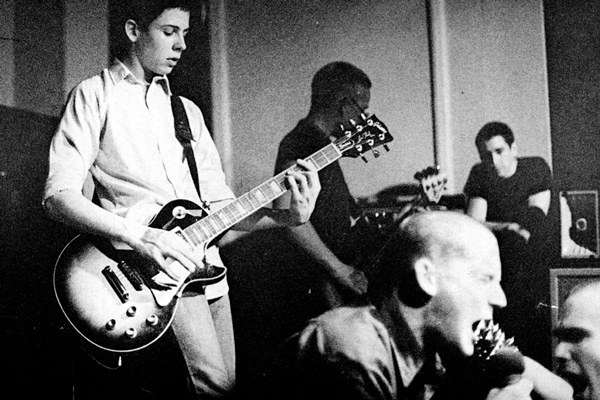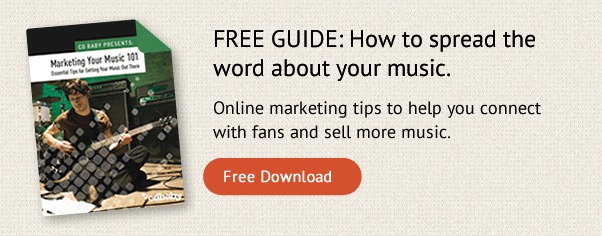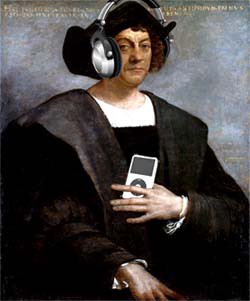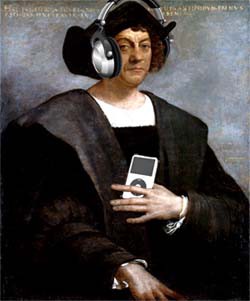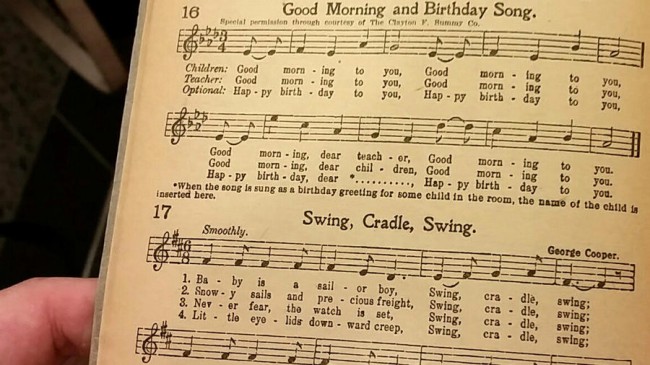How to start a record label
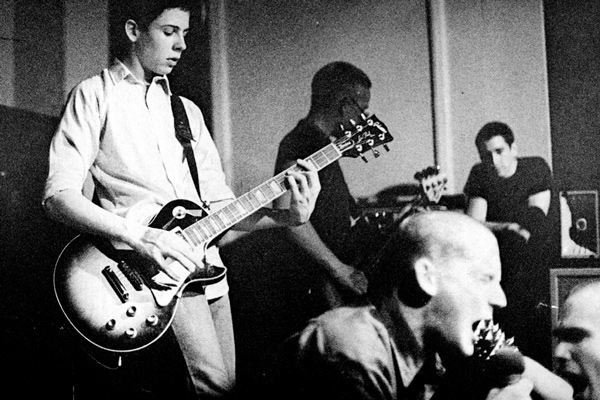
Singer Ian Mackaye and drummer Jeff Nelson of The Slinkees / Teen Idles / Minor Threat founded Dischord in 1980 . Photo Malcolm Rivera / CC 3.0
The only guide you’ll ever need for starting a record label.
[This article, written by Rory Seydel, originally appeared on LANDR’s Blog.]
You’re passionate about music. You know what’s good. You listen to tons of new stuff everyday. It’s time to start a record label.
But where do I start?
No worries, we’ve got you covered.
DEFINE YOUR PLACE IN THE MUSIC INDUSTRY
What do you love the most? What music do you know inside and out? The most valuable currency in the music industry is passion.
No matter what kind of label you chose to start, make sure you’re choosing something that you support 100%. Trends can come and go. If you’re serious about making it last, pick music that you can stand behind long into the future.
Picture yourself sitting on your porch when you’re retired. You’ve got your headphones on. You’re reflecting on the fullness of your life and all your most cherished memories. What are you listening to? That’s what you should be releasing. Whatever is timeless to you.
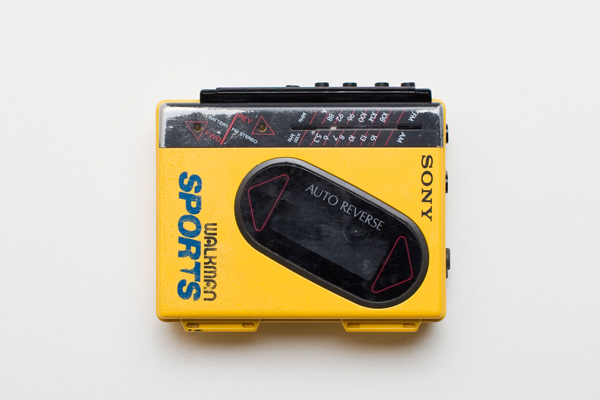
Photo Grant Hutchison / CC 2.0
FIGURE OUT YOUR FORMAT
‘Which format is the best’ is one of the most talked about issues among music labels these days.
It’s like asking what do I want for dessert: cake or ice cream? No matter which one you choose you’re having a tasty dessert. But choosing just one is the most important part in the beginning. Juggling five different formats when you’re starting out can be harder than nailing Jello to a tree. Keep it simple.
The four most common formats are:
1. Limited Edition Cassette
2. Limited Edition Vinyl
3. Digital Only
4. CD
Even though these are the most common formats, your label does not have to be limited to them. It’s hard to stand out in such a saturated industry. Feel free to be creative with your formats. Just like you’d be creative with your sundae toppings.
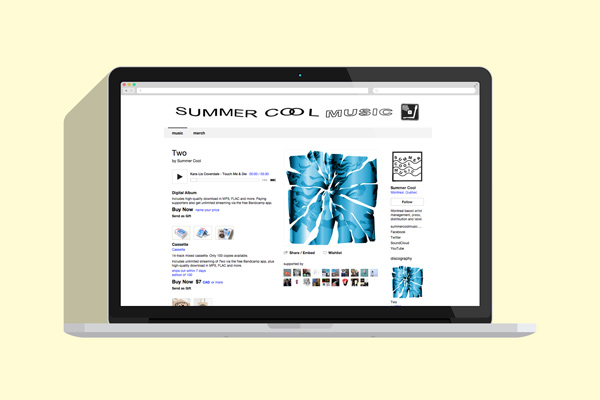
USE STREAMING PLATFORMS
164-billion songs were streamed last year in the US alone.
Streaming platforms such as SoundCloud, Bandcamp, and Discogs will give your small business the visibility it needs to thrive.
Platforms like these fall under the umbrella of distribution (which we will discuss later) but they also give you immediate visibility and listenability. If you want to say something to the masses, you’re gonna need a megaphone.
DEFINE WHO WILL BE PRODUCING MUSIC ON YOUR LABEL
A label is a community. Do you get together on the weekend and play records with your friends who create music? Start a label.
Labels grow out of groups of like minded individuals who want to give something back to music. Finding your core of artists is simple if you remember the idea of ‘label as community.’
You’re gonna need new music. lots of it. Foster your artists now and treat them like the stars of the future. Their music should always come first. Suits will tell you that the music doesn’t matter; only money, followers, contracts, and sales. You can wear a suit. Just don’t be a suit.
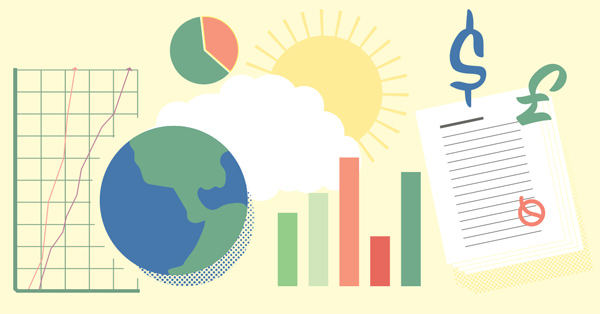
WRITING A BUSINESS PLAN
You NEED a business plan. Template and outline how your business will operate.
It allows you to explore ways to get startup financing. Even though you took a break from buying all those rare disco seven inches so you could save up for your label, you’ll probably need to get some extra dough from somewhere.
A good business plan will cover:
1. Name and Vision
2. Start-up Expenses
3. Products Offered
4. Market Analysis
5. Competition
6. Brand Strategy and Implementation
7. Revenue Forecast
8. Goals
9. Monthly Overhead
It’s probably not a good idea to show up to a meeting with some notes that you wrote down on a cocktail napkin at the club. You’re an entrepreneur now. A business plan is one of the best ways to get legit immediately. Plus it’ll look great with that suit and tie you just bought.
GET YOUR RECORD LABEL LEGAL
You might be saying “Ugh, legal stuff. Boooorrrrrring.” But it’s really not that hard to get bonafide. Plus it ensures that you won’t get burned later by that pesky thing called ‘The Law.’
First off, It’s smart to define what type of business structure you’ll be starting:
Starting a Sole Proprietorship Company
Sole proprietorship means that the company is tied to one one person, probably you–the big boss. The business and the owner are completely bound. All assets, finances, losses or debt belong solely to the owner. This approach is suited to small labels, typically run by one person or a small team. It may sound scary to have all the onus on one person, but it can simplify things early on and keep you responsible for this crazy, beautiful thing you’ve made.
Starting an L.L.C
Limited Liability Companies (L.L.C.) are a hybrid between Sole Proprietorships and Corporations. The liability of the company is no longer the responsibility of one person. Instead, the company itself becomes the entity responsible for its own assets. It’s a feel good, we’re-all-in-this-together kind of thing. This type of company is perfect for partnership groups. It can also expand as it gets bigger. Which is great because you’re going to blow up right?
Starting an Incorporated Company
This type of business is what most major labels are. It’s an approach that’s best suited for massive organizations with many off-shoots and departments. Although some record companies can expand to this scale, the best approach suited to smaller, independent labels are either sole proprietorships or L.L.C’s. For now we can leave this to the big shots. But we’re coming for you!
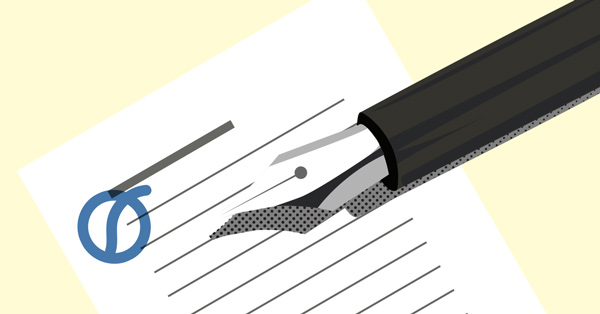
Recording Contracts
The artists you decide to release could be close friends. They could also be people you have only ever spoken to through e-mail. Either way, contracts are essential to ensure that the relationship between you and your artists remains A-ok. Contracts will cover profit sharing, ownership of masters, promotional guarantees, royalties and distribution. They ensure that both the label and the artist are clear on what services will be provided by either side. Any business agreement should be set in writing. Sadly, handshakes won’t cut it anymore.
Licensing
Contracts also cover licensing. All your artists should be registered with licensing companies such as BMI, ASCAP or SESAC. These companies collect royalties on behalf of their artists. Basically any copyrighted material made by your artists and label will be properly remunerated if it is used.
WHAT DOES A RECORD LABEL DO?
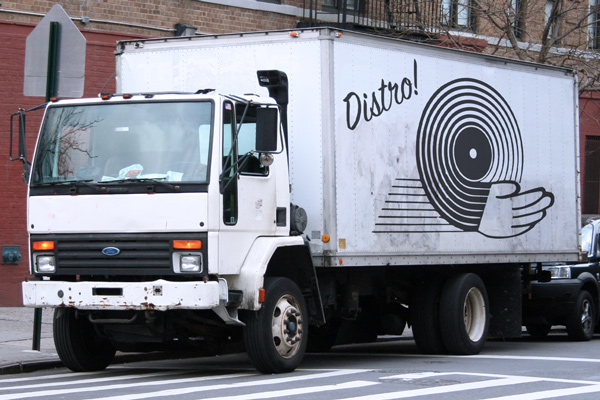
Photo Mr Choppers / CC 3.0 modified ; )
DISTRIBUTION
Distribution is what gets your label’s music into stores. Securing distribution is pivotal for expanding the reach of your label. Distributors sell your records to music outlets for a small fee. It ensures that the records you have created will reach the proper outlets without you having to do all the work yourself (records are heavy!).
Distribution is pretty complicated these days. There’s physical distribution, there’s digital distribution, there’s even distributors who distribute to distributors.
[Editor’s note: distribution with CD Baby includes worldwide digital distribution to all the big download and streaming platforms, CD and vinyl distribution to thousands of record stores, and CD/vinyl/download sales on CDBaby.com.]
Although securing distribution is important in the long run, it is often not mandatory right off the bat. Your distribution is only as good as your own promotion.
So the first thing to focus on is building your brand and creating some buzz around your artists’ music through press, touring, and radio play. But you must eventually get distribution for your label. It’s the only way to get your music out there. Hello world!
A&R
A&R stands for Artists & Repertoire. The A&R side of your label is responsible for talent scouting and artist development. This might sound a bit dry but it’s actually the funnest part. This just means you get to look for—and hopefully find new and amazing music everyday. It also means you get to help the artists you signed release the best music they can.
I don’t know about you, but enabling an artist to make amazing music sounds pretty great to me.
PUBLISHING CONTRACTS
Music Publishing Companies are the hook up. They seek licensing and sync deals. The ensure that your artists are being properly compensated for the playback of their music.
We’ve all heard the term royalties before—probably because some millionaire artist was whining about not getting enough. Publishing companies handle royalties for your artists.
[Editor’s note: and a publishing rights administrator such as CD Baby Pro can help you make sure you’re collecting all the publishing royalties you’re owed worldwide.]
Labels play an important role in setting up publishing deals for their artists. Get your artists paid! They’ve been just scraping by for way too long.
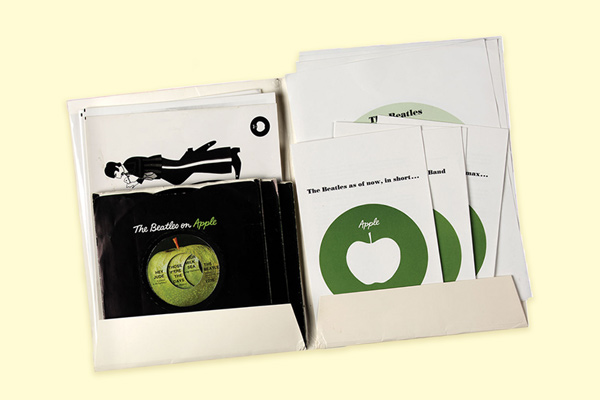
BRANDING AND DESIGN
Your label is a brand. This might sound too businessy but it’s true. Even if you’re creating incredible music, it can’t sell itself. In today’s music industry, marketing is one of the most important services labels provide.
Here are a few important areas to consider when you’re building your label brand:
Logo
Your logo is crucial. It will represent you forever—on and offline. Keep in mind that it will be everywhere. Having a solid logo will help you determine where you will go with the rest of your design. Think of your logo like a face tattoo–it’s forever. So if you’re gonna get one, it had better be something you really like.
Press Kit
Press Kits help outlets understand what your label does. Every artist needs one. They typically contain:
* Color photo of the group or musician
* Short bio
* 1-2 recent pieces of press
* Demo recording
* Upcoming tour dates
* Past shows
* Contact info (most important)
* A lock of the artist’s hair (optional)
You need physical press kits and electronic press kits (EPK). Physical press kits are good for face to face meetings, or reaching contacts where you want to make a special impression. But EPKs are more important to have in the current climate of the music industry. They can be sent out faster and more frequently to get your artists’ noticed. People in the business don’t have time to pour over hundreds of physical press kits everyday.
Keep your press kits simple. Press kits with too much reading are ineffective and often get glossed over. Focus on the key points of each artist and keep things concise.
Once you have your press kit they can be shared to distributors, booking agents, attorneys, or anyone else that you need to reach out to.
MUSIC PROMOTION
Your label needs to be a strong marketing tool for your artists. A major aspect of this is social media. Twitter, Facebook and Instagram and are all good places to keep a consistent profile. These platforms will create a more personable profile for your label.
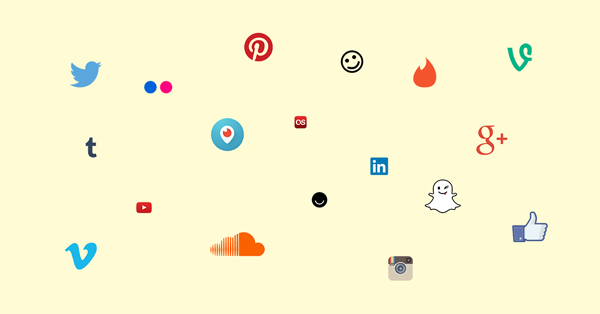
Use them to promote upcoming shows, new releases, press and other content that is related to your label.
Share your content on all your platforms. For example: if you post something on SoundCloud you should let people know on Facebook and Twitter as well. Reaching as many listeners as possible is key. Keeping your visibility up on social media gives you times to focus on your next release. Or time to get that haircut you’ve been putting off for so long.
Soundcloud
Soundcloud is an excellent place to generate a good presence. Their follow and feed system allows labels to generate their own profiles and interact with like minded online communities. This also gives you a space to post radio content, mixes, teasers, demos and live recordings that will keep your buzz up. You should also check in on what everyone else is releasing as well.
Bandcamp
No, we don’t mean sending your artists to an actual band camp to get better. We mean the streaming site Bandcamp that allows for the purchase of digital albums and physical releases. Most independent labels have their own Bandcamp pages that group all of their releases together. So you need to get one. Additionally, each artist on your label can have their own Bandcamp page as well. This gives you multiple online selling points.
You need to also secure a booking agent. A booking agent will take care of all touring arrangements fro your artists. Touring is a great way to promote the labels material and get your artists paid.
MAINTAIN YOUR MOMENTUM
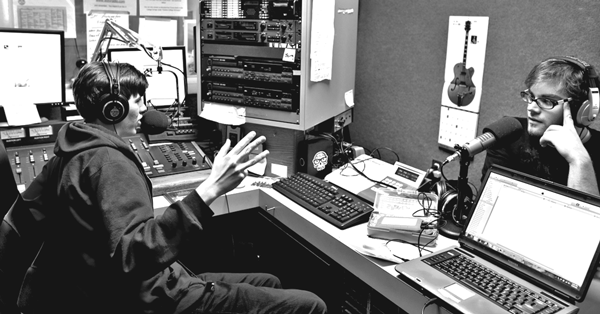
Once things are running smoothly (hopefully) and you have your first couple releases out the door (multi-platinum right?), you need to maintain your initial momentum.
Just because you have a label now doesn’t mean you should become complacent with what you have. Keep listening to everything. Keep being a fan. Keep seeking out the best stuff.
Small successes allow you to take some slight risks. So take them. This will ensure that your content doesn’t get stale or played out. All good labels have to evolve.
The post How to start a record label appeared first on DIY Musician Blog.
Source: Musician Resources
